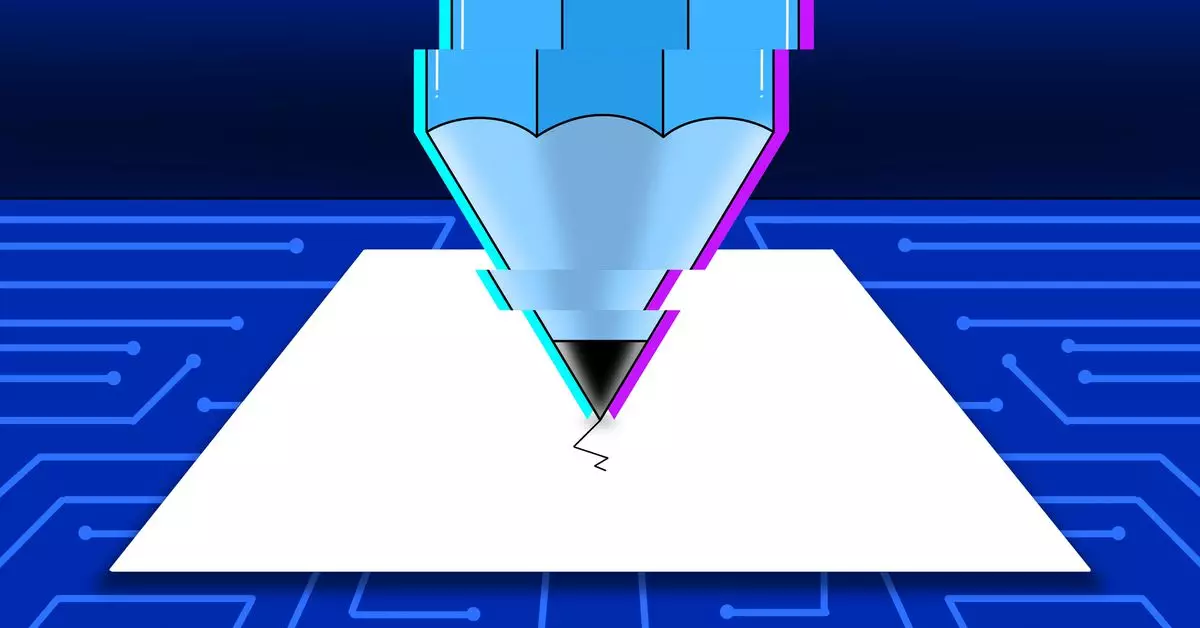In a significant shift in the publishing landscape, Penguin Random House has publicly asserted its position against the use of its published works for artificial intelligence training. This decision is encapsulated in the new copyright notices included in both its new and reprinted books, which clearly state, “No part of this book may be used or reproduced in any manner for the purpose of training artificial intelligence technologies or systems.” This bold move comes amid growing concerns over the implications of AI technology in creative fields, essentially making Penguin Random House the first major publishing entity to directly address AI within the framework of copyright.
The addition to the copyright page may seem chiefly symbolic; however, it raises fundamental questions about the future of copyright law and the role of AI in content generation. The clause also denotes that Penguin Random House explicitly reserves its content from text and data mining exceptions, a strategy aligned with recent European Union laws aimed at protecting intellectual property. By doing so, it attempts to safeguard not only the content but also the artistic integrity inherent in published literature.
Nevertheless, while the amendment carries weight in the discourse surrounding AI and copyright, it should not be misconstrued as a legally binding document. Instead, it resembles a voluntary, albeit unofficial, protocol akin to a robots.txt file used by websites to request that AI and digital crawlers refrain from scraping their content. Unlike robots.txt, which serves as a guideline rather than an enforceable law, copyright protections are established regardless of such declarations. The reality is that fair use and other legal defenses remain relevant irrespective of the presence—or absence—of a specific clause in the copyright verbiage.
This proactive stance by Penguin Random House sets a precedent that other publishing firms may choose to follow, potentially transforming the way publishers interact with the rapidly evolving AI landscape. As AI becomes more integrated into various sectors—including creative industries—this decision heralds a broader movement toward enhanced protection of creative works against unauthorized exploitation. It poses critical questions about originality, ownership, and the commercialization of artificial intelligence.
Moreover, this development could invite significant debate around the ethics of AI training and the obligations of technology companies regarding content creators. It’s a complex issue that may require fresh legal frameworks to adapt to the changing digital horizon. The ultimatum could lead to conflicts between publishing houses and tech firms, thereby intensifying discussions around the synchronization of intellectual property rights with emerging technologies.
As Penguin Random House steps into this uncharted territory of copyright in the age of AI, the industry must prepare for what lies ahead. Collaborative efforts between publishers, authors, and tech developers could be essential to harmonize the interests of intellectual property protection with technological advancements. This moment could signal the beginning of an era where creativity, technology, and respect for intellectual property coexist, fostering innovation while safeguarding the rights of creators in an increasingly digital world.


Leave a Reply